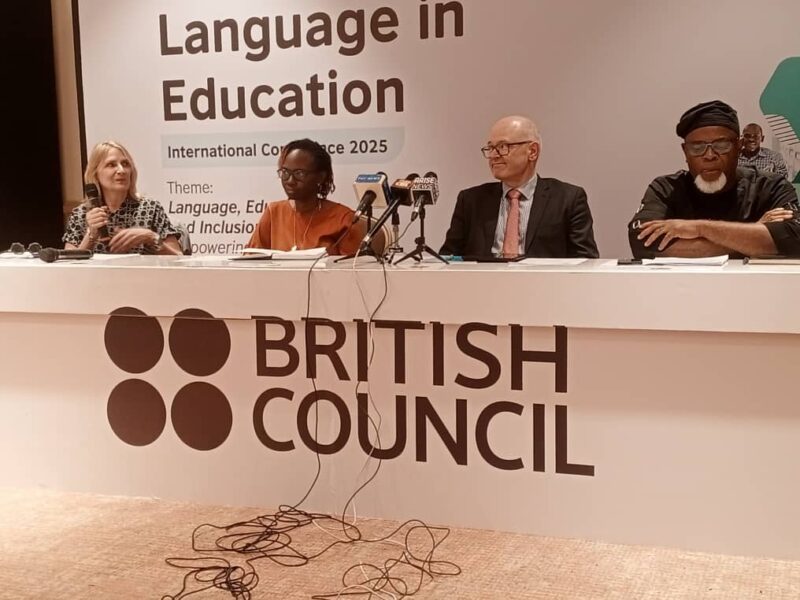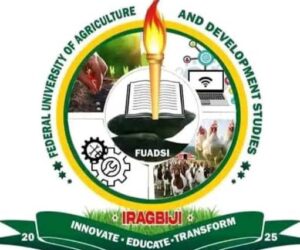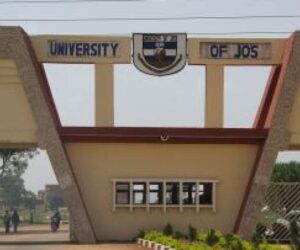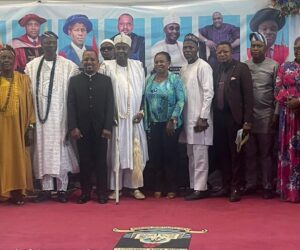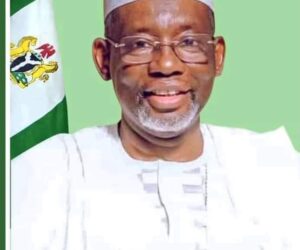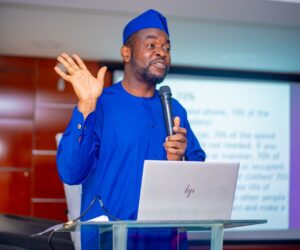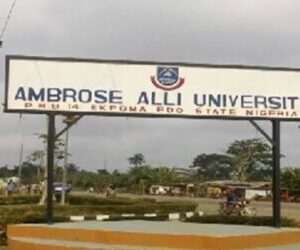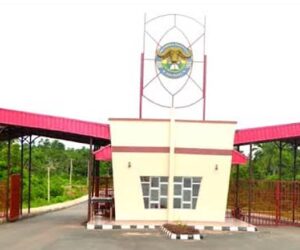The British Council has said its International Language and Education Conference, slated for Wednesday and Thursday in Abuja will foster collaboration, catalyse reforms and encourage inclusive education for Nigerians.
At a press briefing on Tuesday, ahead of the conference, the Country Director, British Council, Nigeria, Donna McGowan, said, through partnerships with education stakeholders, the council is helping to strengthen the capacity of teachers, teacher educators and school leaders at both pre-service and in-service levels to develop their curricula in a way that is inclusive and transformational for lifelong learning.
He said: “We believe that culture and education have the power to change lives, foster understanding and build lasting connections, trust and prosperity between nations and between people. We work to create opportunities for dialogue, collaboration and knowledge exchange, enriching lives through diverse programmes in arts and culture, the English language across teaching, learning and assessment and education.
“Looking specifically at education, the British Council works with ministries of education, universities and development partners to build capacity, share research and co-develop approaches that are contextually relevant and nationally owned, contributing to national growth objectives.
“Partnership, mutuality and a focus on the next generation have been the foundation of everything that we have done and continue to do. In Nigeria, the British Council is delighted to work with the Federal Ministry of Education as well as state governments and official bodies, educational institutions and international and national NGOs.
“Through partnerships with UBEC, TRCN, NCCE and state education boards, we’re helping to strengthen the capacity of teachers, teacher educators and school leaders at both pre-service and in-service levels to develop their curricula in a way that is inclusive and transformational for lifelong learning.
“This includes improving English language proficiency as well as administering different English language testing solutions. So the British Council’s Language and Education Conference 2025 brings together policymakers, educators, researchers and partners from across Africa, South Asia and the UK to explore how language can support inclusion and improve learning outcomes across education systems.
“It builds on wider inclusion conferences and policy dialogues, which we have hosted in Nigeria and the wider region for the past 10 years. This year’s conference has a particular focus on language, which is also part of the British Council’s broader commitment to inclusive evidence-based education that reflects local realities, government priorities and the aspirations of learners everywhere. It’s a platform for shared learning and knowledge exchange.
“Nigeria is one of the most linguistically diverse countries in the world with more than 500 languages and more than 2,000 languages are spoken across Africa. This diversity of languages and cultures is a rich context for innovation and inclusive teaching and learning. And we’ve convened this conference to foster collaboration, to catalyse reforms and to reaffirm our collective resolve to make education truly inclusive.
” I would like to thank the Federal Ministry of Education, our partners UNICEF, Plan International, funded by the European Union, FCDO Plain, Sightsavers, Save the Children, Sterling Wong Foundation, and delegates and speakers from Nigeria, Ethiopia, Ghana, Kenya, South Africa, Tanzania, Uganda, Zimbabwe, India, Nepal, Pakistan, Sri Lanka and the UK.
“Their diverse experiences, expertise and perspectives will enrich our conference over the next two days and will no doubt make it truly memorable. And discussions will help translate evidence into action for teachers, learners and policy makers.”
Also speaking, the Director, English Programmes, Sub& Saharan Africa, Julian Parry, said the council is committed to the development of Africa, especially through the implementation of education programmes.

